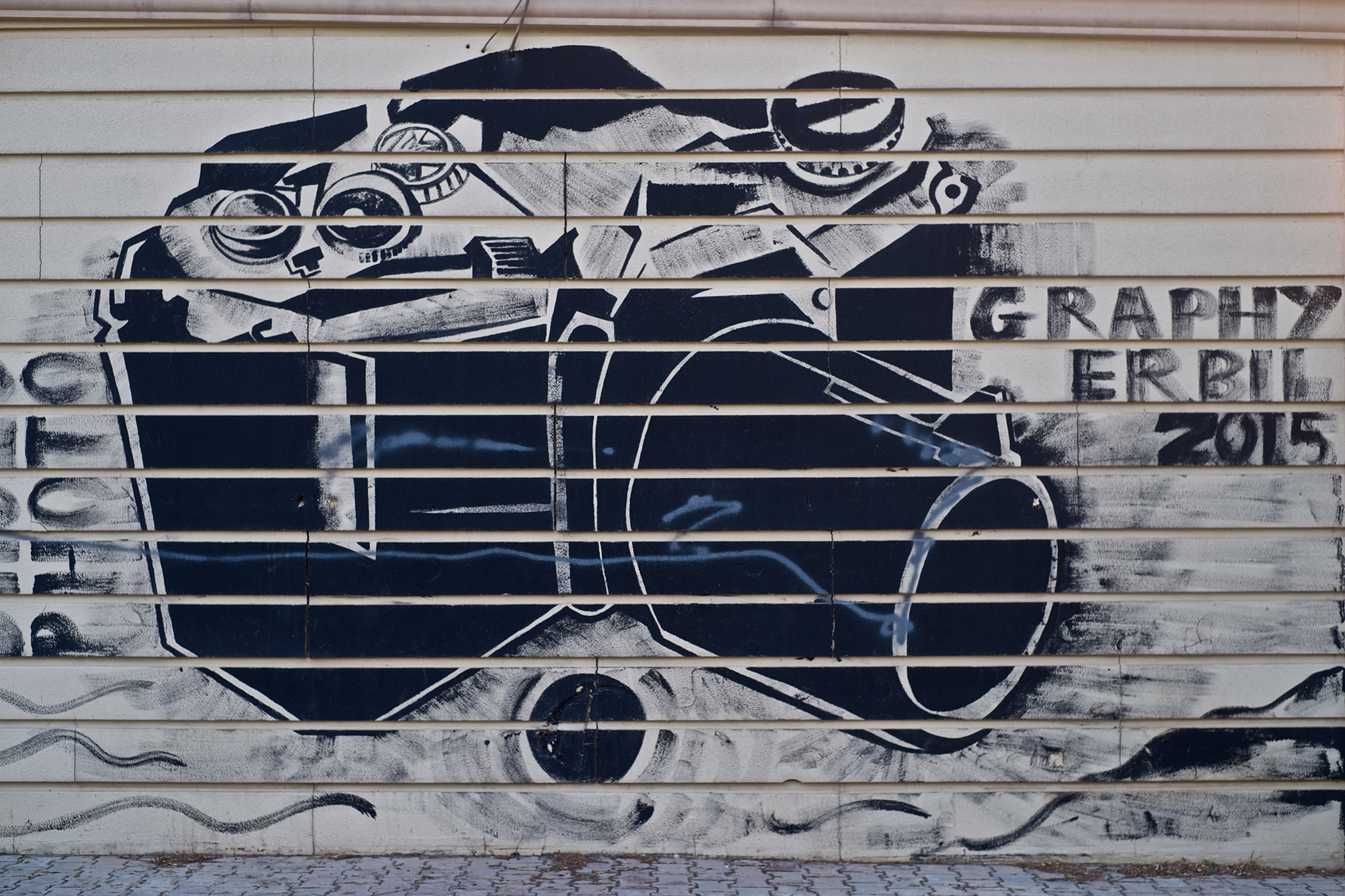2017: As an embedded photographer in Erbil, North Iraq. The heat and the shimmering over the wide yellow plain are almost unbearable. The thermometer shows 43 degrees Celsius. The sky is blue and cloudless. Only in the evening it gets a little cooler with around 30 degrees. Then when the sun disappears behind the horizon shortly before 7 p.m. local time in late summer.
Military Training Unit
The international troops meet at camp for dinner. Not far from there is the German camp with 150 soldiers from the Bundeswehr. The proportion of women with around ten soldiers is small but considerable. Most of them hold management positions, for example within the Military Training Unit (MTU), the aim of which is to train the Peshmerga. From infantry training to first aid – the courses are varied.
In Erbil, North Iraq, the Bundeswehr is part of an international alliance that trains the Peshmerga – the Kurdish army – to fight the Islamic State (IS). The aim is that the Peshmerga can create its own strategies and structures in the future. Various states are taking part in the training mission because the Peshmerga cannot fight the Islamic terrorist militia without international help.
Military know-how
It is about military know-how, equipment and humanitarian aid. Since the first deployment in January 2015, more than 14,000 Kurdish soldiers have received training: in the use of weapons, first aid, the removal of booby traps and chemical weapons, including training in NBC defense.
Erbil itself is an almost untouched place. There are no postcards from the city. But the town wants to attract tourists and is arming itself with new shops, shopping malls and the construction of luxury hotels. It has potential: friendly residents and a lot of history. Germans are welcomed in Erbil. Also, or precisely because the German Bundeswehr is training and supporting the Peshmerga, the Kurdish army, in the fight against IS. But the future of the country and that of Iraqi Kurdistan is uncertain.





